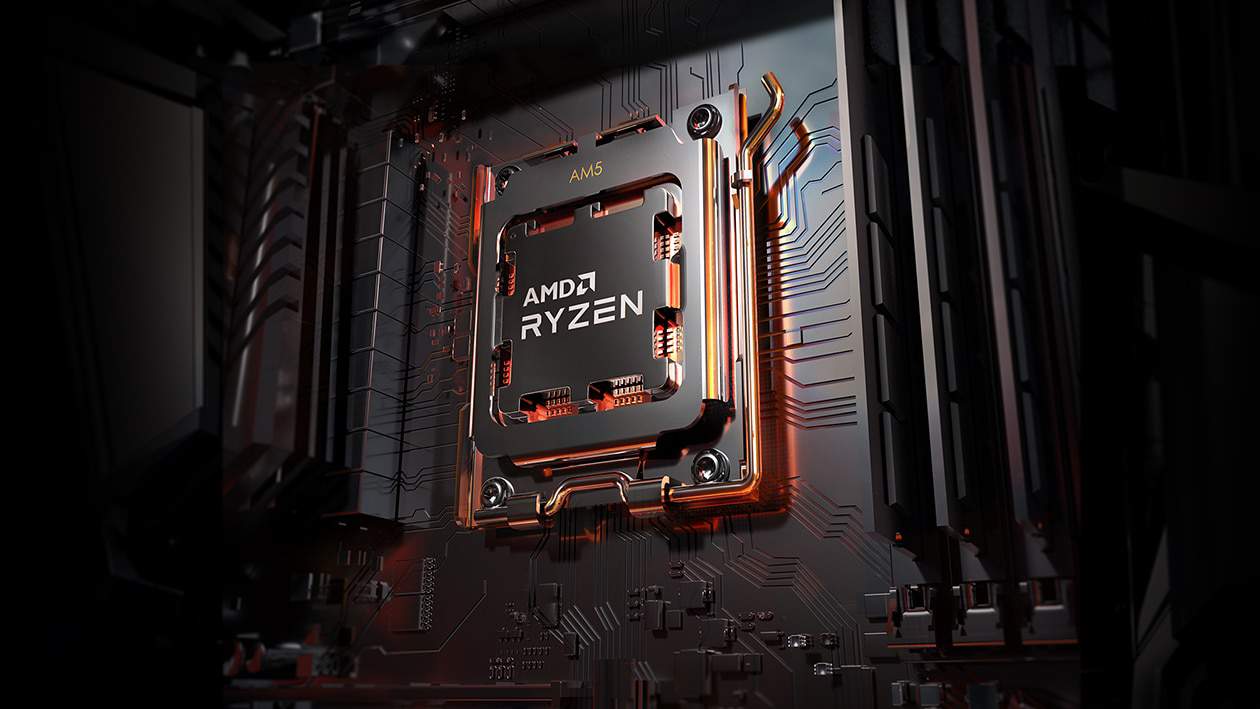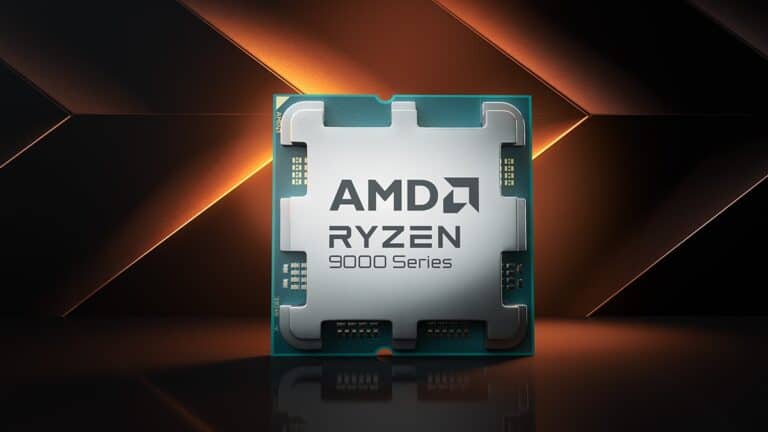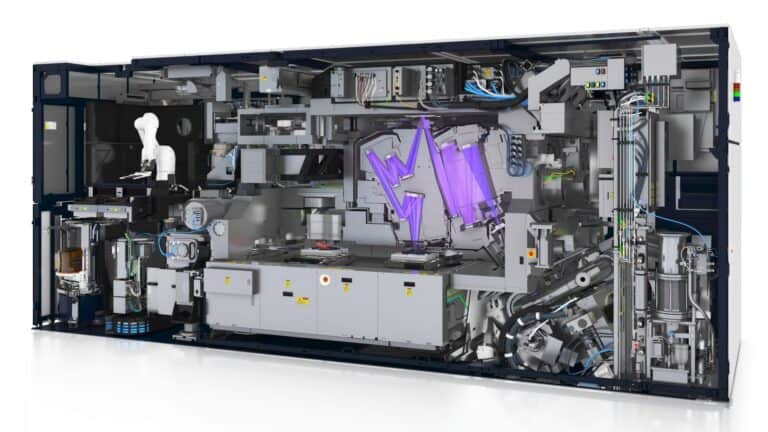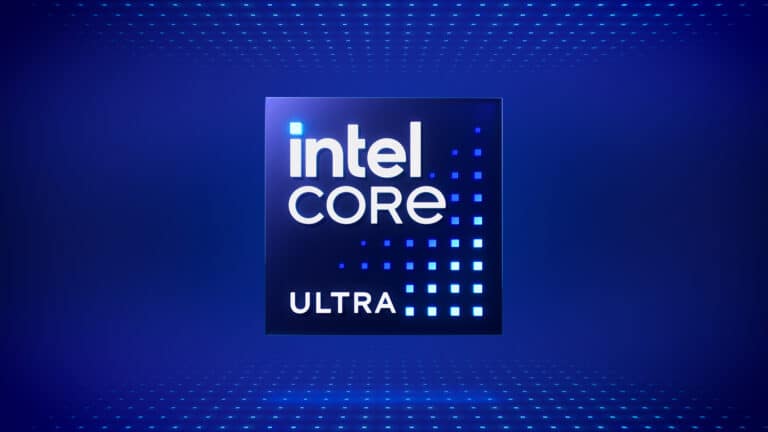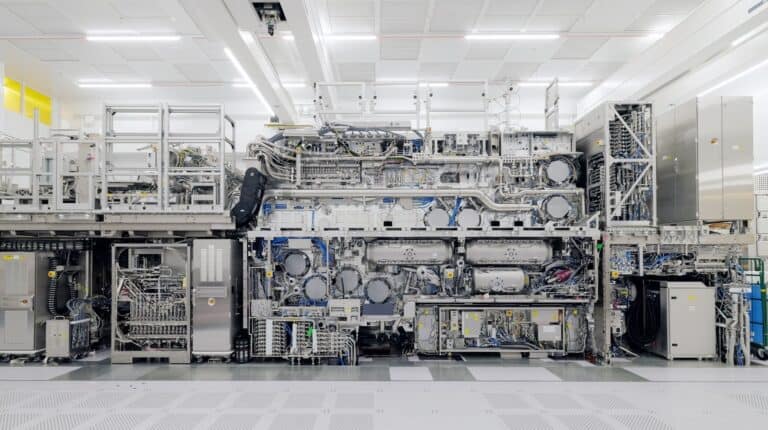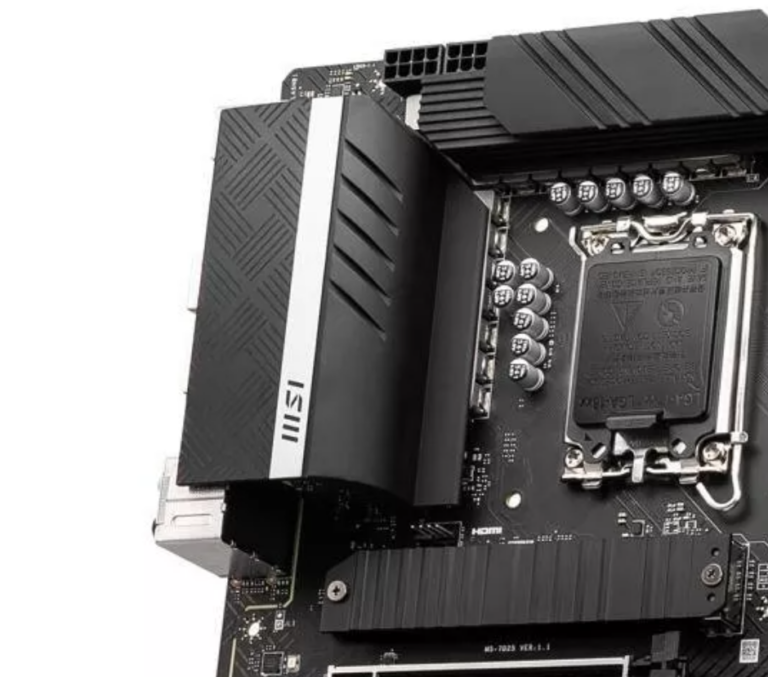AMD’s next big step in desktop CPUs is already drawing attention. The Ryzen 10000 series, built on the Zen 6 architecture, is expected to launch in late 2026 or early 2027. Early reports suggest these chips, codenamed “Medusa,” will continue support for the AM5 socket, making upgrades easier without a new motherboard.
The Zen 6 design points to higher efficiency and larger core counts compared to Zen 5, with up to 32 cores per CCD rumored for certain models. This could mark a major shift for both gaming and professional workloads, especially as AMD looks to compete with Intel’s upcoming platforms.
While details remain limited, the combination of a likely release window, AM5 compatibility, and expanded performance potential makes the Ryzen 10000 series one of the most anticipated CPU launches in years.
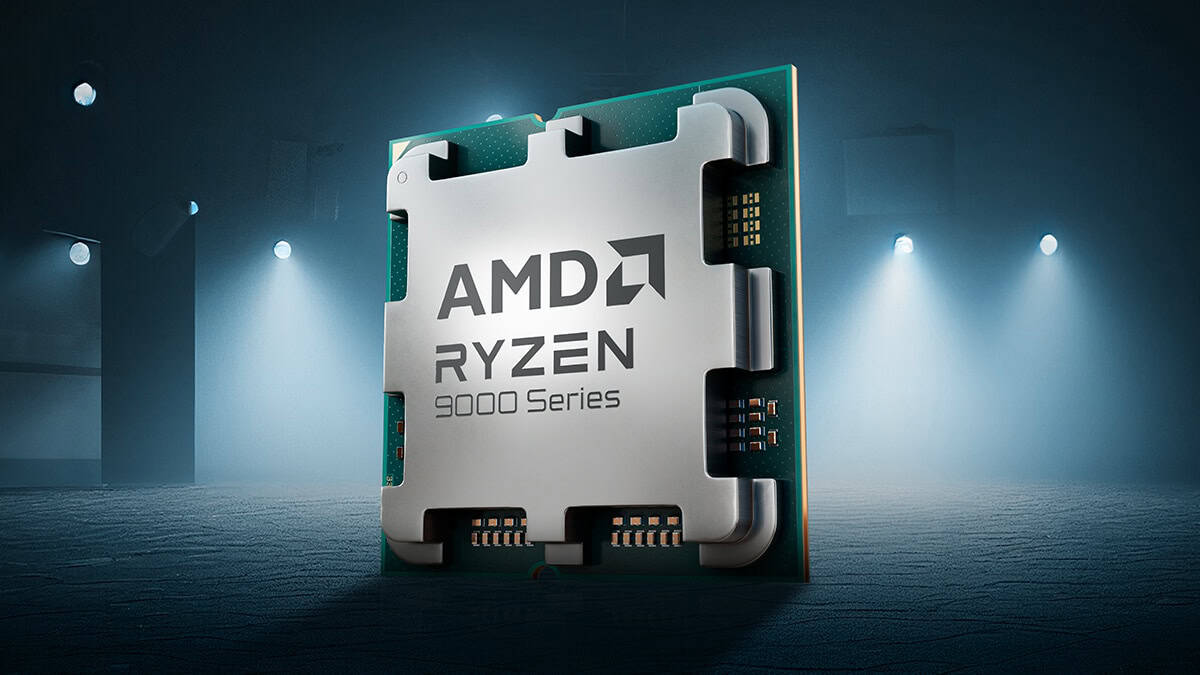
AMD Ryzen 10000 Series : Latest Rumors, News, and Release Date
AMD is preparing its next big leap in CPU performance with the upcoming Ryzen 10000 series, powered by the Zen 6 “Morpheus” architecture. While the official launch is still over a year away, leaks and insider reports have already painted an exciting picture of what to expect. Here’s everything we know so far about AMD’s next-generation processors.
Latest News & Rumors
Architecture
The Ryzen 10000 series will be built on Zen 6 (“Morpheus”), which is expected to deliver:
- Major IPC (instructions per clock) improvements
- Higher efficiency thanks to new process nodes (likely TSMC 3nm/2nm)
- Support for next-gen memory and I/O technologies (source: IndieKings)
This could make Zen 6 one of AMD’s most significant architectural jumps in years.
Core Counts
- Standard Desktop CPUs: Rumors suggest Zen 6 chiplets will scale up to 12 cores per CCD, compared to the current 8-core CCD limit on Zen 5.
- APUs (Medusa Point): Hybrid designs could combine a 12-core CCD with a 10-core mobile die, hitting a total of 22 cores in some SKUs (source: Tom’s Hardware).
This would represent a massive step forward for both gaming and productivity workloads.
Socket & Platform
Good news for current AMD users: Zen 6 Ryzen 10000 CPUs will continue to use the AM5 socket, ensuring compatibility with existing AM5 motherboards (source: Guru3D). This means users won’t need a new platform to upgrade.
Design
AMD is reportedly moving to a 12-core chiplet design, which could dramatically improve performance scaling. Even mid-tier CPUs could end up with significantly more cores than today’s mainstream offerings (source: PC Gamer).
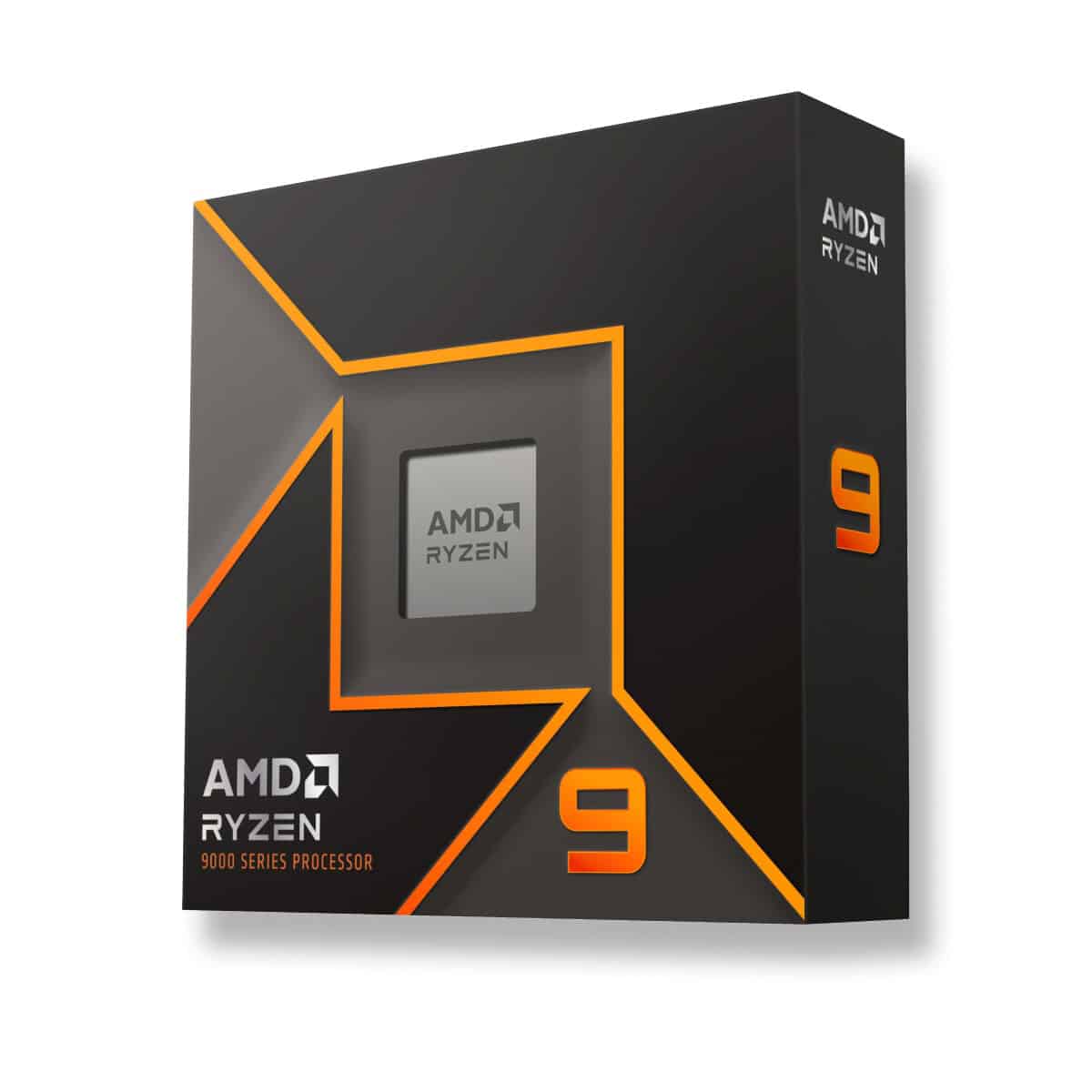
Release Date Rumors
- Expected Launch Window: Most reports suggest a late 2026 release, though some leaks hint it could slip into early 2027 (source: TechRadar).
- Reveal Event: AMD is likely to showcase Ryzen 10000 at Computex 2026, with availability following later in the year.
- Current Development: Early support for Ryzen 10000 has already appeared in AIDA64’s beta release, which suggests AMD has finalized key specs and is sharing them with developers (source: TechPowerUp).
Speculation: Gaming, X3D Models & Intel Competition
While official details are still under wraps, industry watchers and leakers are already speculating on how Zen 6 might perform in real-world scenarios.
X3D Gaming Models
- AMD’s 3D V-Cache technology has been a game-changer for gaming CPUs, with models like the Ryzen 7 7800X3D and 9800X3D dominating gaming benchmarks.
- With Zen 6’s move to 12-core chiplets, an X3D variant could feature 12 or even 24 cores with massive L3 cache, potentially redefining what a “gaming CPU” means.
- Expect huge gains in minimum frame rates and smoother gameplay in CPU-bound titles.
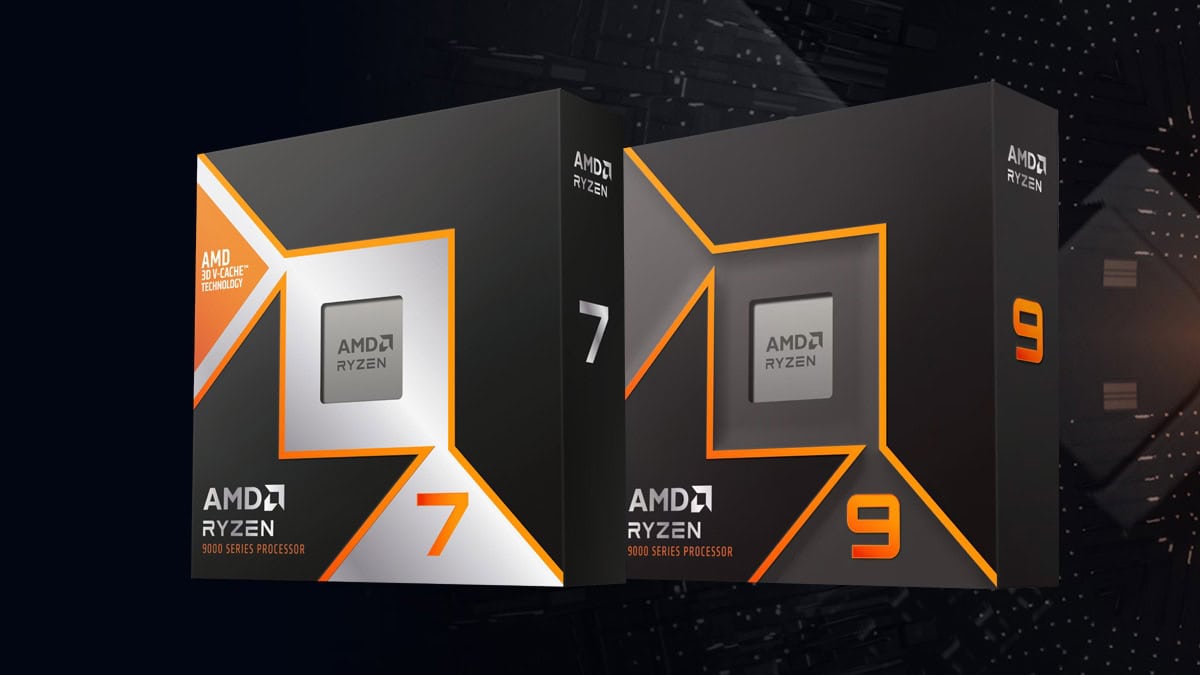
Performance vs Intel
- By late 2026, Intel is expected to be on Arrow Lake Refresh or moving toward its Panther Lake CPUs on advanced process nodes.
- Intel’s strategy focuses on hybrid architectures (P-cores + E-cores), while AMD’s rumored 22-core hybrid APUs could directly challenge this model.
- If AMD delivers 12-core CCDs + X3D cache, it could widen its gaming lead, while also closing the gap in highly threaded workloads where Intel’s E-cores currently shine.
Efficiency & AI Acceleration
- Zen 6 is rumored to include better AI and machine learning acceleration, aligning with industry trends where CPUs integrate dedicated AI engines.
- This could be AMD’s answer to Intel’s AI Boost/NPU units in Meteor and Arrow Lake, making Ryzen 10000 more future-proof for AI-driven workflows.
Market Impact
- If AMD maintains AM5 support, Ryzen 10000 could be the easiest upgrade path for current Ryzen 7000/8000/9000 users.
- Intel, on the other hand, is expected to shift sockets again, which could push enthusiasts toward AMD for long-term platform stability.
✅ Speculation Summary:
Zen 6 X3D chips could become the ultimate gaming CPUs, combining higher IPC, more cores, and massive cache. Against Intel’s hybrid designs, AMD’s approach looks like it will scale better for both gamers and creators, while also keeping upgrades simple with AM5 compatibility.
Predicted Ryzen 10000 Series Lineup (Rumored)
Based on current leaks and AMD’s past release patterns, here’s a speculative look at how the Ryzen 10000 desktop lineup could shape up:
| Model (Rumored) | Cores / Threads | Base / Boost Clock* | Cache (L3 + V-Cache) | Notes |
|---|---|---|---|---|
| Ryzen 5 10600X | 6C / 12T | ~4.5 / 5.5 GHz | 32MB | Entry-level gaming & productivity |
| Ryzen 7 10700X | 8C / 16T | ~4.7 / 5.6 GHz | 32–64MB | Mainstream gaming CPU |
| Ryzen 7 10700X3D | 8C / 16T | ~4.5 / 5.3 GHz | 96MB+ (3D V-Cache) | Budget-friendly X3D gaming beast |
| Ryzen 9 10900X | 12C / 24T | ~4.6 / 5.7 GHz | 64MB | First 12-core single CCD CPU |
| Ryzen 9 10900X3D | 12C / 24T | ~4.5 / 5.5 GHz | 128MB+ (3D V-Cache) | Likely the gaming king |
| Ryzen 9 10950X | 24C / 48T | ~4.4 / 5.6 GHz | 128MB | Dual 12-core CCDs for creators & pros |
| Ryzen 9 10950X3D | 24C / 48T | ~4.3 / 5.4 GHz | 192MB+ (3D V-Cache) | Extreme gaming + workstation hybrid |
*Clock speeds are speculative, based on trends from Zen 5 and AMD’s rumored push toward 7 GHz peaks (source: ExtremeTech).
Key Takeaways from the Predicted Lineup
- Ryzen 5 & 7 will continue to target mainstream gamers, with X3D variants likely offering unbeatable gaming performance per dollar.
- Ryzen 9 10900X (12-core) could become the new “sweet spot” for high-end users, balancing cores and clocks.
- Ryzen 9 10950X (24-core) would be a monster for creators, streamers, and workstation users.
- X3D models remain the most exciting for gamers, especially if AMD combines higher IPC + more cores + 3D V-Cache.
✅ With this speculative lineup, Zen 6 looks like it could redefine both gaming and productivity CPUs, while maintaining AM5 compatibility for easy upgrades.
✅ Summary
The Ryzen 10000 (Zen 6 “Medusa”) series is shaping up to be one of AMD’s most ambitious CPU launches yet. With higher core counts, a new 12-core chiplet design, IPC gains, and AM5 compatibility, Zen 6 could dramatically shift the performance landscape for both gamers and professionals. Expect an official reveal at Computex 2026 and a launch in late 2026 or early 2027.
🔍 Zen 5 vs Zen 6: Rumored Improvements
| Feature | Zen 5 (Ryzen 9000) | Zen 6 (Ryzen 10000, Rumored) | Improvement |
|---|---|---|---|
| Architecture | Zen 5 “Nirvana” | Zen 6 “Morpheus” | New design with IPC & efficiency gains |
| Core Count per CCD | 8 cores | 12 cores | +50% per chiplet |
| Max Desktop Cores | 16 (dual CCD) | 24 (dual CCD) | Up to +8 more cores |
| Hybrid APUs | Up to 16 cores | Up to 22 cores (12+10 hybrid) | New hybrid design |
| Process Node | TSMC 4nm | TSMC 3nm / 2nm | Smaller, more efficient |
| Platform | AM5 | AM5 (compatible) | No new socket needed |
| Release | Mid-2024 | Late 2026 / Early 2027 | ~2.5 years later |
Bottom line: Zen 6 looks like a much bigger leap than Zen 4 → Zen 5, especially in core scaling and hybrid CPU design, while maintaining AM5 support for easier upgrades.
Key Takeaways
- Ryzen 10000 series may release in late 2026 or early 2027
- AM5 socket support is expected to continue
- Zen 6 architecture could bring higher efficiency and more cores
Frequently Asked Questions
AMD’s upcoming Ryzen 10000 series, based on the Zen 6 architecture, is shaping up to bring higher core counts, larger cache sizes, and compatibility with current AM5 motherboards. Leaks point to a release window around late 2026 or early 2027, with desktop, server, and mobile chips all in development.
When is the expected launch window for the AMD Ryzen 10000 series?
Most reports suggest a reveal at Computex 2026. A release is likely in late 2026, though early 2027 remains possible if production schedules shift.
What are the latest updates on the AMD Ryzen 10000 series development?
Recent AIDA64 beta updates added preliminary support for Ryzen 10000 chips. This indicates AMD has already shared basic specifications with software developers.
How will the AMD Ryzen 10000 series compare to its predecessors?
Zen 6 chips may scale up to 24 cores on desktops, compared to 16 cores on Ryzen 9000. Larger cache sizes and improved efficiency on TSMC’s 2nm process are expected to give them a clear advantage.
What new features are anticipated in the AMD Ryzen 10000 series?
The series is expected to support PCIe 6.0, faster DDR5, and possibly DDR6. X3D models with expanded 3D V-Cache are also rumored for gaming performance gains.
Has AMD made any official announcements regarding the Ryzen 10000 series?
AMD has confirmed Zen 6 for its EPYC Venice server CPUs, due in 2026. For desktop Ryzen 10000 chips, details remain unofficial, with most information coming from leaks and roadmap hints.
What performance improvements are predicted for the Ryzen 10000 series?
Estimates suggest a 27–30% uplift in per-core performance over Zen 5. Higher clock speeds, more cores per CCD, and expanded cache should improve both gaming and productivity workloads.

